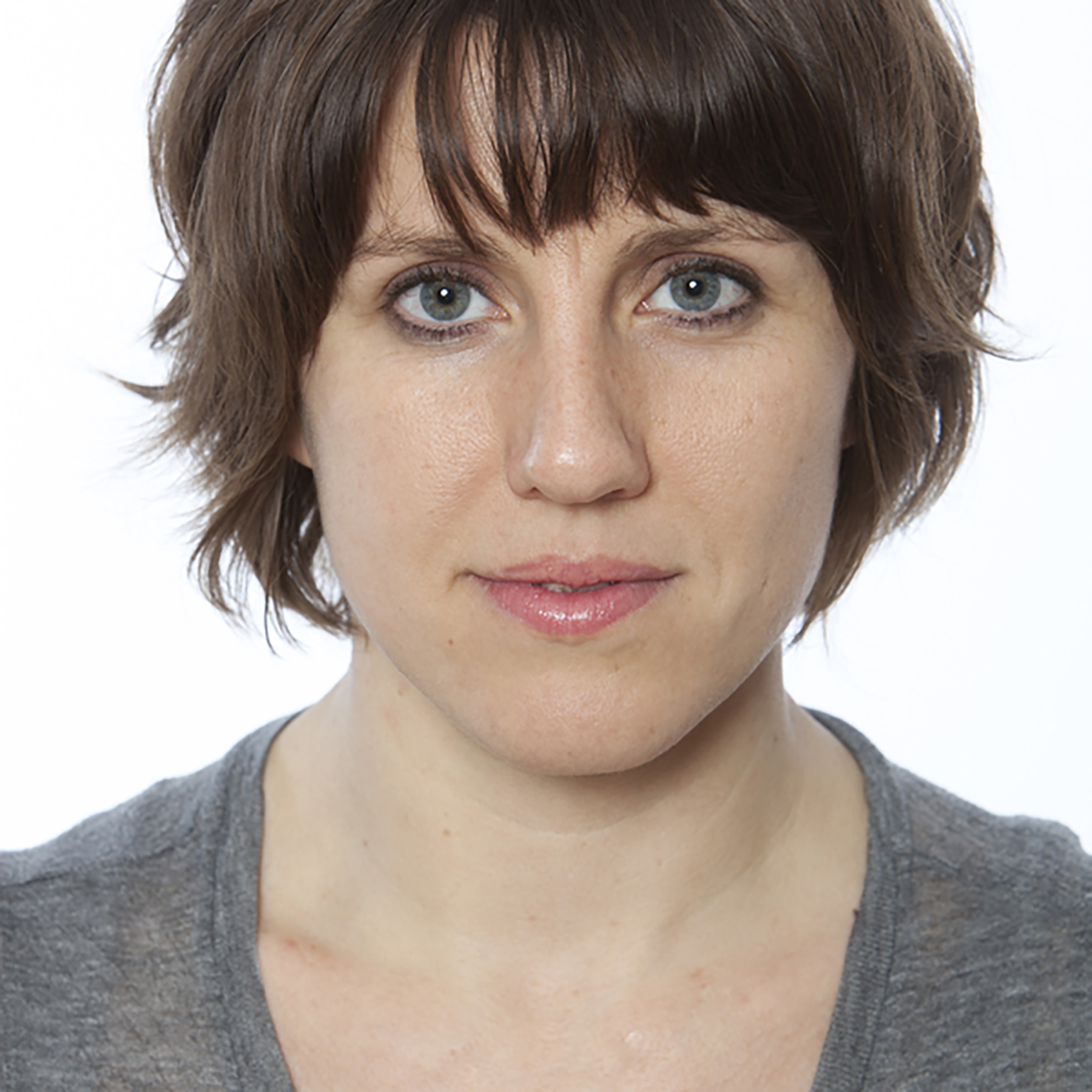
- Interviews
Leah Meyerhoff Takes Us Behind the Curtain of “Film Fatales”
Leah Meyerhoff takes us behind the curtain of Film Fatales, an art nonprofit that has been crucial for a more gender diverse equity presence in the entertainment business.
For decades, the film industry has struggled with gender disparities and systemic biases that have limited opportunities for gender-marginalized creators. Film Fatales has emerged as a beacon of hope, fostering a community that empowers and amplifies those unheard voices in the world of cinema. It is a global collective of female-identifying and non-binary directors who have come together to challenge the industry’s status quo. By providing a supportive network and a platform for collaboration, this organization aims to break down barriers, promote inclusivity, and champion diverse storytelling.
We spoke with its founder, Leah Meyerhoff, over Zoom about the work behind one of the most effective culture-shifting organizations in Hollywood.
How did it all start?
It all started about a decade ago, in my living room in Brooklyn, NYC. I was in graduate school at NYU and in the process of making my first film. I was eager to get some advice from more experienced filmmakers. Instead of calling everyone separately, I decided to host a dinner for six women at the house. It was so empowering for me and the others. To be at a table talking about our jobs without other cis men was quite unusual, then. After that night, everyone wanted to host also. It was all very organic.
After six dinners, in the scope of six months, there was a waitlist of 500 people wanting to attend them. We proceeded with hosting two simultaneous events, one for documentary and the other for narrative. It was clear we were tapping into the big need that women had for community. Even though film school felt equitable, the truth is, the real world wasn’t. Just being in a circle of other filmmakers going through the same thing and realizing that discrimination was not personal failure but a systemic thing was eye-opening and instilled a lot of confidence among all the diverse women.
Soon we became a global network with mentorship circles, like the first one, happening all over the world. We started getting together over Skype twice a year and fostered this peer-to-peer support group that shared practical knowledge and emotional support among its participants. We operated within a very informal structure. It became so big, though, that we decided to become a formal nonprofit organization, which we now are. However, we still are very much a by-filmmakers-to-filmmakers operation.
How many members do you have now?
We have about 2,000 core members of non-cis men that have directed a feature film that has been publicly released. But we reach a wider audience. We have a mail list and online workshops that get to over 10,000 people. We can’t fit at a table anymore.
What do you believe has been Film Fatales’ biggest achievement so far?
Gender-diverse filmmakers are now in a position where they can hold the door open to the next generation of filmmakers without feeling they are going to lose their spot on the table.
Before, there was a feeling of competitiveness, scarcity. That’s the danger of tokenism. There was a feeling only one woman would be nominated for this or that award or grant. Film Fatales has been instrumental for that culture shift.
Our mission has changed over the years, according to the necessities in the field. We went from being a support group to being a career sustainability platform and advocacy group. We have, for example, a team of programmers who have a database of projects directed by women from a variety of backgrounds. We use this roaster to advocate for equitable hiring practices and equitable programming. We look for allies that want to be more inclusive. We are nowhere near parity in the entertainment world, but there is definitely more attention paid to gender inequities than ever before.
You are now launching Fatales Forward, a fellowship for transgender filmmakers. What will it entail?
Transgender rights are in their infancy compared to where feminism is. Fatales Forward is a top to bottom fellowship conceived by and to transgender filmmakers. It’s a three-month one-on- one mentorship that will pair an established trans filmmaker with an emerging one. It will be a platform for emotional and logistical support that is very much needed in the trans community. It used to only happen online, this is the first time we will expand it, adding the in-person component.
Also, we are getting ready to launch our Parity Pipeline initiative more publicly. It aims to connect underrepresented directors with production companies, funding organizations, agencies and other industry programs looking to expand their talent pool.

